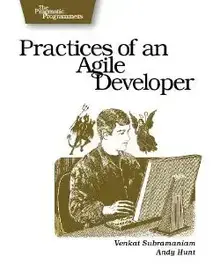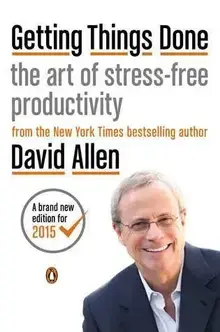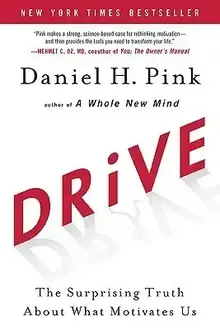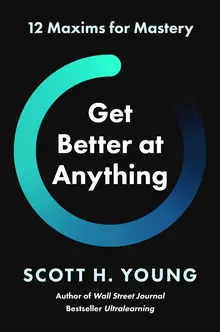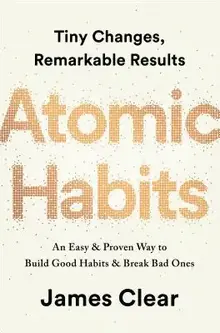Productivity
Below is an overview of content that matches the tag "productivity".
Note that this list is not exhaustive, as it is automatically aggregated based on manually assigned categorizations.
If you notice a missing element, or think some of the items are wrongfully categorized, please create a bug/improvement ticket on our github issue tracker.
Books tagged with "Productivity"
The 7 Habits of Highly Effective People
Powerful Lessons in Personal Change
Covey, S. R.; Collins, J. (2004) The 7 Habits of Highly Effective People. Free Press. isbn: 0743269519.
Stephen R. Covey’s enduring classic examines seven habits that compound into personal and professional effectiveness. He highlights mindful time management, intentional trade-offs, and proactive planning that keep commitments aligned with values. Reflection prompts encourage readers to define who they want to become and translate insight into everyday habits.
Practices of an Agile Developer
Working in the Real World
Subramaniam, V.; Hunt, A. (2006) Practices of an Agile Developer. Pragmatic Bookshelf. isbn: 978-0974514086.
Venkat Subramaniam and Andy Hunt distill pragmatic habits for thriving on agile teams that ship inside real-world organisations. Each short practice pairs a warning sign with a concrete remedy, helping teams balance craft, collaboration, and delivery pressure. The authors emphasise communication, iteration discipline, and continuous learning so developers stay effective when constraints mount.
Getting Things Done
The Art of Stress-Free Productivity
Allen, D. (2015) Getting Things Done. Penguin Books. isbn: 0143126563.
Getting Things Done outlines David Allen’s trusted workflow for capturing commitments and creating mental space. He shows how to collect open loops, clarify work into outcomes and next actions, and review regularly to stay aligned. The method helps readers reduce stress, focus on meaningful priorities, and tailor a system that fits their context.
Drive
The Surprising Truth About What Motivates Us
Pink, D. H. (2009) Drive. Riverhead Books. isbn: 9781594488849.
Drive explores why carrot-and-stick incentives underperform in modern knowledge work. Daniel H. Pink synthesises research around autonomy, mastery, and purpose, showing how these three motivators sustain energy and creativity. Leaders and individual contributors alike can use the insights to design environments where motivation grows instead of fades.
Get Better at Anything
12 Maxims for Mastery
Young, S. H. (2024) Get Better at Anything. Harper Business. isbn: 978-0063256675.
“Get Better at Anything: 12 Maxims for Mastery” guides readers through the process of mastering a skill using a set of practical maxims.
These maxims include “The best way to learn is to do,” “Experience doesn’t ensure expertise,” “Feedback is king,” and “The mind is not a muscle.”
Young effectively conveys the importance of deliberate practice and the necessity of fast feedback loops in a clear and concise manner.
The author writes in an approachable style, simplifying complex ideas for easy understanding. He debunks widely held misconceptions
and offers practical advice on enhancing the learning process. Filled with real-world examples and actionable insights,
this book is a must-read for anyone looking to improve their skills and serves as a valuable reference for educators,
coaches, and mentors who help others in their learning journey.
Whether you’re aiming to excel in a hobby or advance professionally,
Young’s guidance will equip you with the tools needed for continuous improvement.
Atomic Habits
An Easy & Proven Way to Build Good Habits & Break Bad Ones
Clear, J. (2018) Atomic Habits. Avery. isbn: 0735211299.
James Clear breaks habit formation into small, compounding actions linked to identity, cues, cravings, and rewards. He offers frameworks such as habit stacking and environment design to make good behaviours easier and bad ones harder. The book helps readers build sustainable routines whether they want personal growth or team-level improvements.
Other Resources tagged with "Productivity"
Productivity With Shortcuts
A step-by-step guide to help you get the most out of your IntelliJ IDEA. A great tutorial for developers that are not used to using hotkeys in order to improve their productivity. While it might sound like snake-oil to some, the advantages of reducing the need to use a mouse, and typing less characters add up over time. Definitely take a look at it, and discover a side of your IDE that you did not think existed before.

